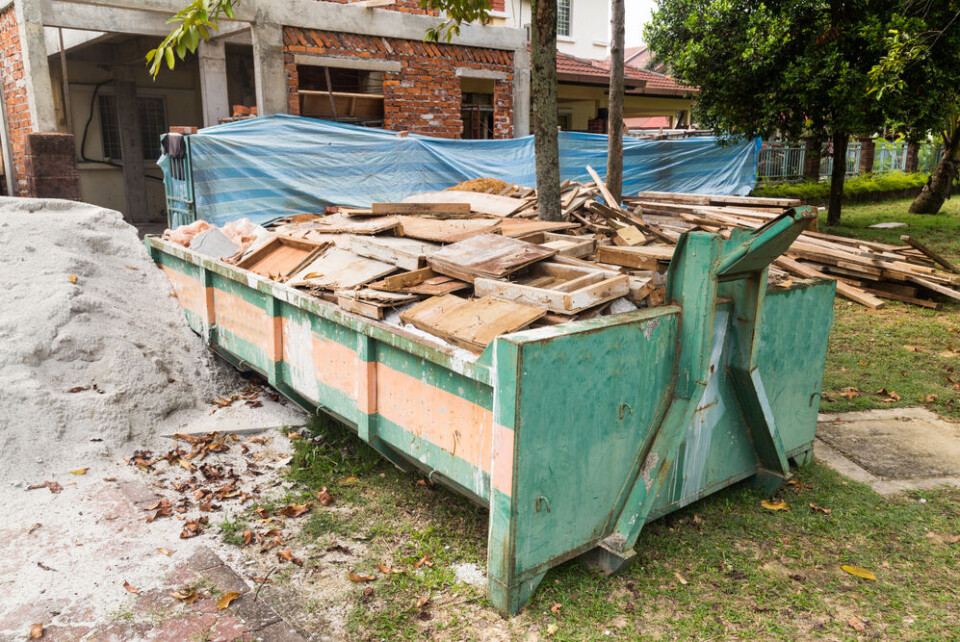-
More than 5,000 French communes use AI to identify poor rubbish sorting
Badly-sorted rubbish can cost millions so communes are turning to high-tech solutions
-
How to check whether you have been issued a speeding fine in France
Fines can be sent anytime after an incident
-
Tefal launches nationwide pan collection scheme in French supermarkets
Shoppers can receive a discount voucher for recycling used cooking utensils - all brands accepted
How to dispose of rubble, bricks and other renovation waste in France
Planning ahead can be beneficial when it comes to cleaning up after renovation work

If undertaking works or renovations on your property you may accumulate a fair amount of rubble / other waste from your work.
Each type of waste requires its own disposal, especially if classed as hazardous.
Some companies may clear up waste on-site but if not agreed our article reviews what to do with each type of debris you are likely to encounter.
Initial steps
Waste can be broadly separated into three categories:
- Inert waste – glass, tiles, bricks, rocks, rubble, gravel, and other similar building materials
- Non-inert non-hazardous waste – wood, metal, plastic, cardboard, carpets – these are sometimes called DIB (déchets industriels banals)
- Non-inert hazardous waste – varnish, tar, asbestos, cement, solvent, paints, and building materials contaminated with any of these
Dividing these up and keeping them separate to prevent contamination can make their disposal easier, and keep your building site clean over the course of the project.
You can also keep separate those materials which are recyclable (particularly those on the DIB list).
How to dispose of the waste
For smaller projects, rubble bags can be purchased, for larger projects hiring a skip is usually necessary.
You can also hire a rubbish chute to dispose of waste when high up directly into a skip or container on the ground down below. These can cost around €80 per day to hire, and are useful when working at heights.
Once the waste has been stored you can dispose of it yourself or hire a company to do so.
Recyclable items such as woods, metals, and plastic can go to recycling centres, general waste items to a public landfill site.
Read more:Is French eco-renovation aid only for main homes?
Hazardous waste has different rules
For hazardous waste, for example, asbestos, you will need to contact a professional company to remove it for you.
It is illegal to dispose of this waste in any other sites.
Related articles
DIY projects on French homes may become eligible for renovation grants
Can I get financial help towards replacing boiler at my French home?
























